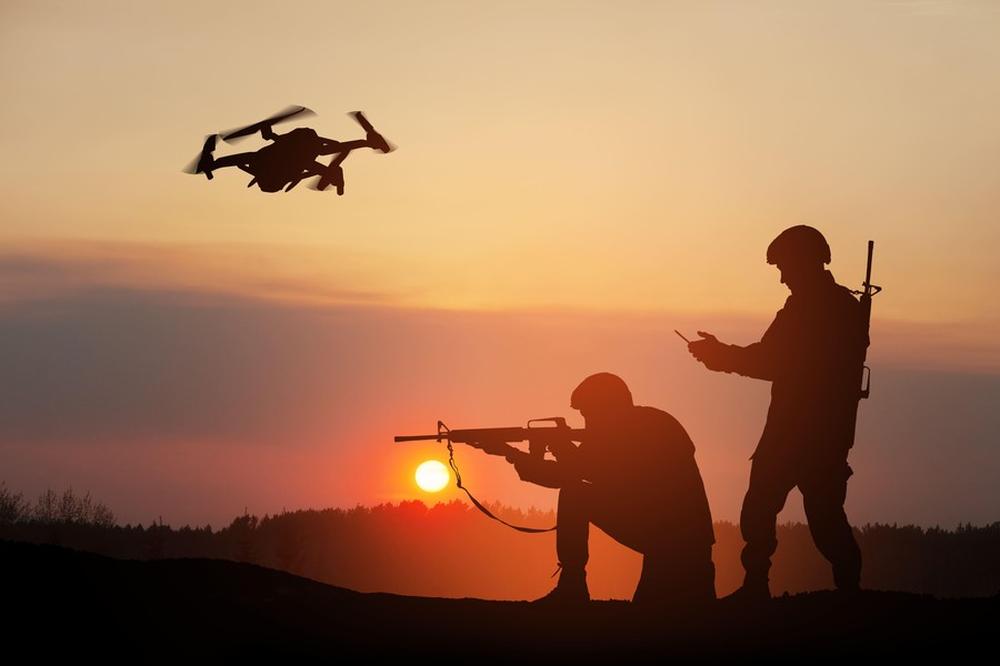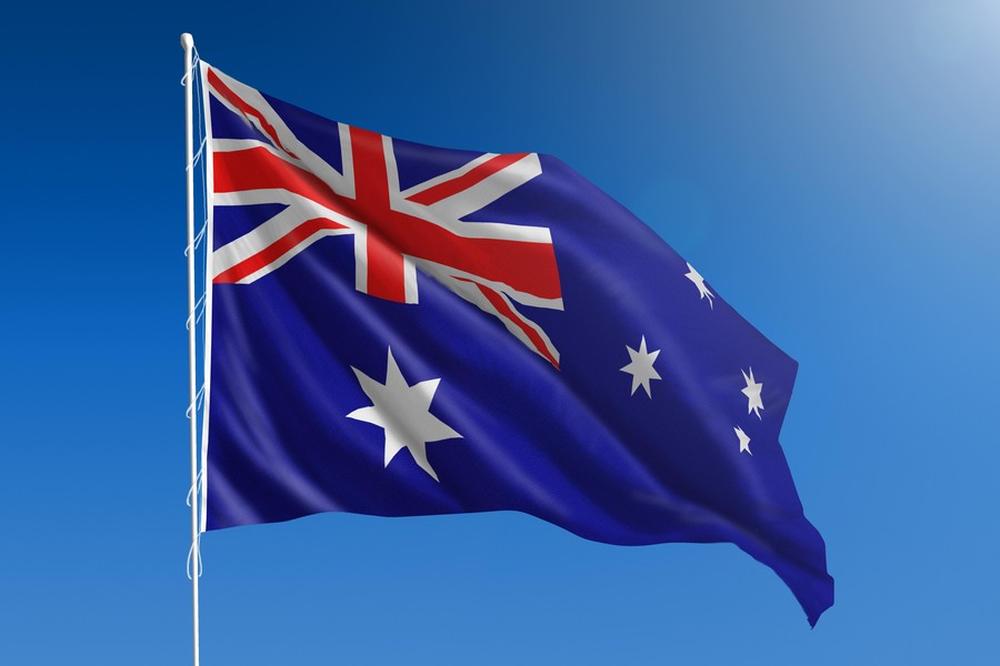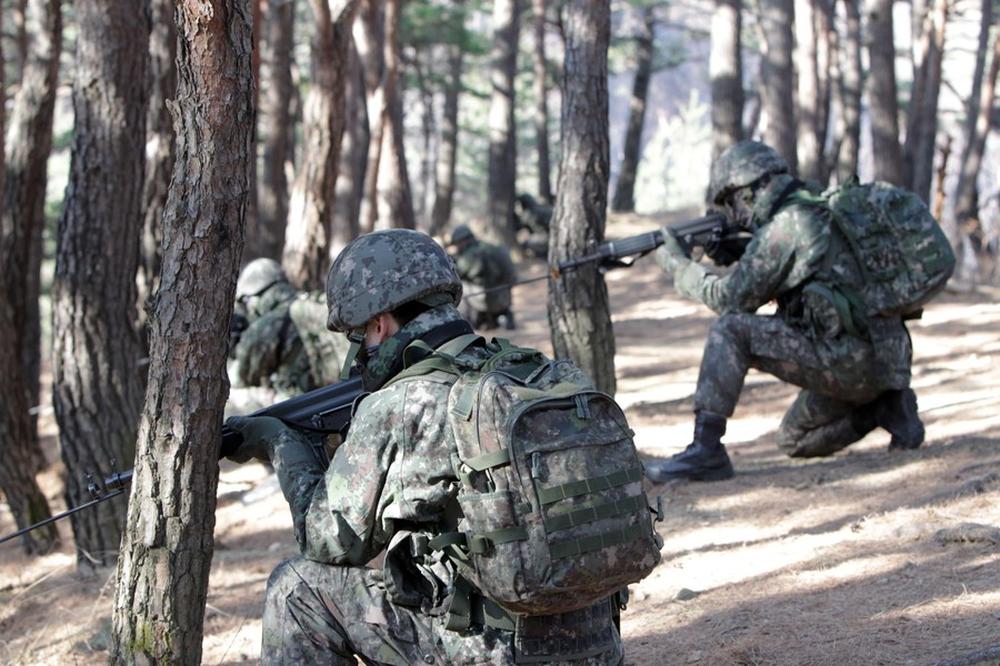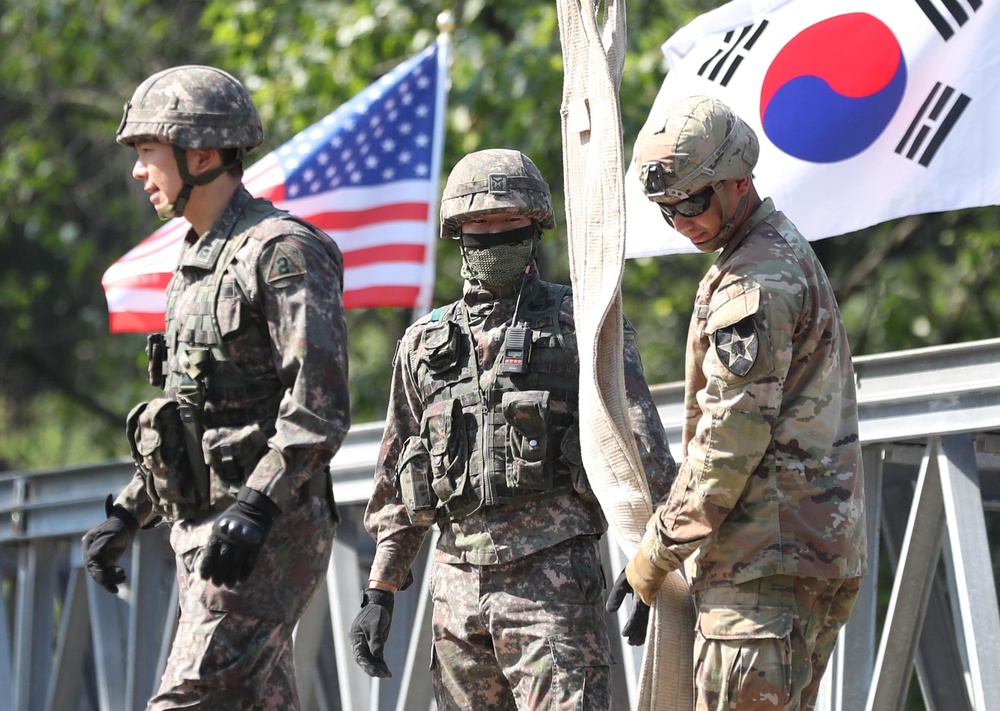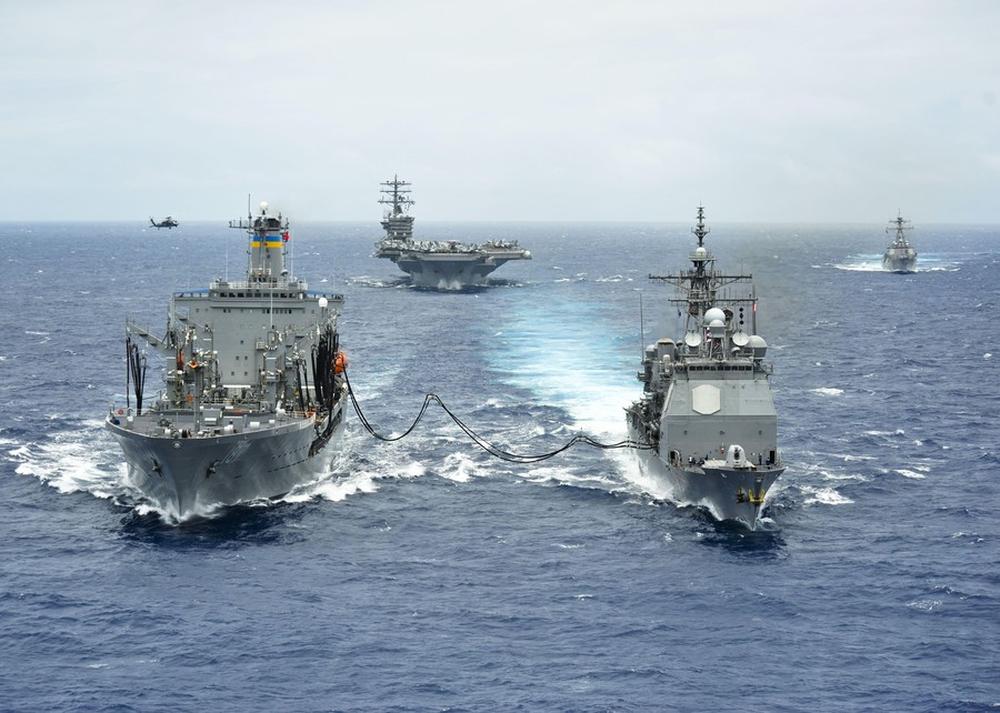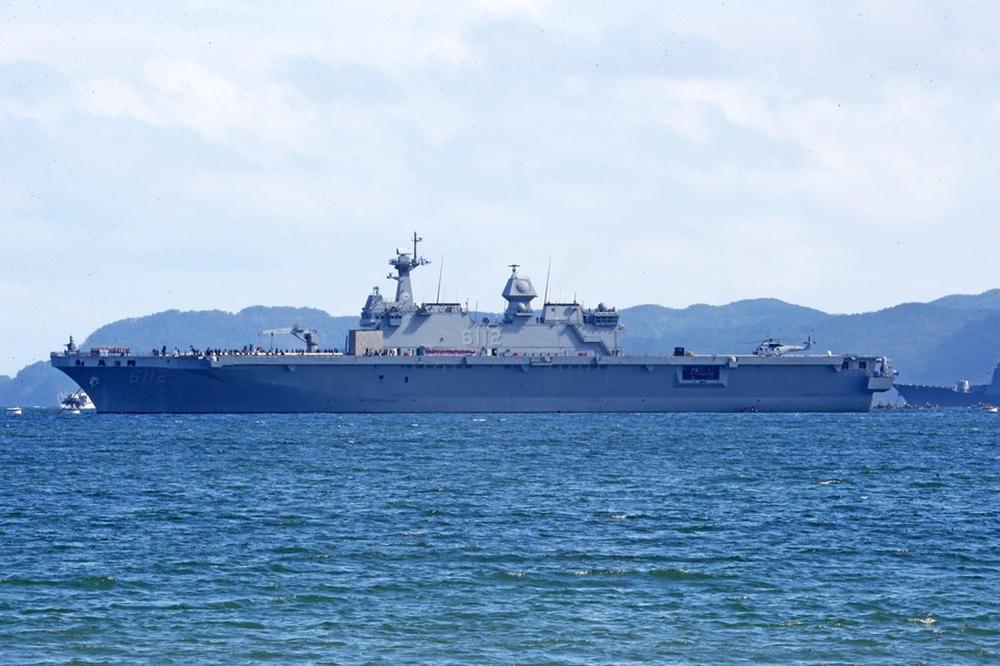- #North Korea
- #Security & Defense
- #South Korea
- #US-ROK Alliance
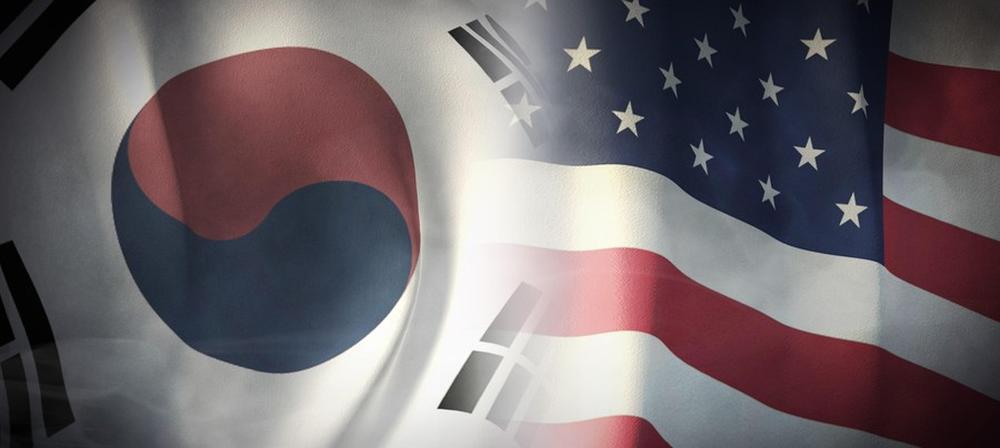
► On the Korean peninsula, the military relationship between ROK and U.S. has been able to maintain a strong military alliance that was overtly challenged during the Moon administration. Rather than relying on the graces of the US military, the South Koreans must be able to enhance understanding and work to compensate for the potential disconnect that will occur with relocation and change in the command structure.
Many Koreans believe that the best thing that has happened to the Korean people in its three thousand-year histories is its relationship with the United States. Initially, the United States was disinterested in Korea but with the end of the Second World War, US troops found themselves in the Korean peninsula disarming Japanese troops. Finding Korea to be a hopeless place, the US pulled its troops from Korea after just a few years and gave the Soviet and Chinese-backed North Koreans an opportunity to invade South Korea.
The Korean War lasted for three years with the first involvement of the United Nations, led by the United States, and the direct involvement of communist China with the Soviet Union providing arms and supplies thereby becoming a battleground for the Cold War era. An armistice was signed but to this day no formal conclusion of the Korean War has been agreed upon. The Democratic People’s Republic of Korea (DPRK) is a dictatorship and a cult built around the Kim family with nuclear weapons and no limitations from international norms or laws. The Republic of Korea (ROK) is a free and democratic society with liberal values that is economically successful and contributes to regional stability and peace.
On 1 October 1953, the ROK and US signed the Mutual Defense Treaty. The Mutual Defense Treaty between South Korea and the United States had many lasting political, social, and economic effects. South Korea's economy dramatically increased as a result of this relationship. In regard to other US alliances, there has not been a change as dramatic as the increase in South Korea's economic wealth. The Mutual Defense Treaty has acted as the foundation for the rest of the cooperation that has occurred between the Republic of Korea and the United States but especially in the military relationship between Korea and the United States.
After the fighting of the Korean War ended, South Korea was a poor and desperate country with rampant corruption. American aid kept South Korea from faltering but barely. US military bases were a source of money through black markets, prostitution, and even garbage was recycled. Every Korean combat division had American officers advising and providing military assistance. Americans were our new overlords if not kinder than the Japanese. The deployment of Korean troops to Vietnam provided the Korean economy with much-needed revenue and modern weapons like the M16 rifles, M48 tanks, and F5 fighters from the South Korean military. There was no question as to who the big brother was and who the little brother was during these times.
US troops were withdrawn from the frontlines and in 1978 the Combined Forces Command was established with the Combined Field Army, consisting of the US Second infantry division and two Korean Corps, established in 1980. South Korea hosted the 88 Olympic Games and its economy skyrocketed. In 1992, the Combined Field Army was disestablished and in 1994 the Koreans retained Armistice Operational control (OPCON) of its forces. In 1992, a truly liberal government came to power in Korea and the road to liberal democracy was open. The Korean military gradually lost its position in Korean society and could not keep pace with the social changes that engulfed the world with the internet and the handheld cell phone. The high turnover of US forces in Korea exacerbated the situation. Still, the relationship between the Korean and US military in Korea was stable.
The US war in Afghanistan and Iraq preoccupied the United States military and with missed opportunity and tenacity on the part of North Korea, the DPRK survived famine and has successfully developed a nuclear weapons capability. Progressive Korean governments in Korea wanted wartime OPCON of its troops without full knowledge of the overall consequences that such a change might bring to the security arrangement. Additionally, subsequent Korean progressives have wrongly identified the United Nations Command as an impediment to inter-Korean relations. These and other issues are forcing a change in the mil-mil relationship between the Korean military and the US military. In 2022, the Korean people chose a conservative government that has inherited military issues from the previous progressive government and previous conservative governments.
First, is Wartime OPCON. Korean progressives consider this a sovereignty issue while the conservatives rely on the US and believe that the United States will protect Korea at all costs. These views exemplify the misunderstandings that both progressives and conservatives have about wartime OPCON. It is not a sovereignty issue and no country should rely on another to defend itself. However this issue comes to a conclusion, it must be built on mutual understanding and consensus and the ROK and US military must ensure that there is no breach in the security of the Korean peninsula.
In 2022, the ROKUS Combined Forces Command (ROKUS CFC) will relocate to Camp Humphreys in Pyeongtaek. The initial plan was to relocate CFC with the ROK Joint Chiefs of Staff in Seoul. This would have ensured that the American command leadership was physically located with its Korean counterparts. In 2019 this decision was changed to locate Camp Humphreys. Even with CFC in Seoul, the Korean staff that served there was marginalized by the larger Korean military. Unless there is a conscious effort to empower the Korean staff that works in CFC, who is the link between the US and Korea, the US command will be alienated and disconnected from Korean society and the military.
Korean politicians have neglected the importance of readiness. The training budget for the ROK military is less than 2% of its defense budget. What use are weapons if you don’t know how to use them? A special concern is the inability to conduct live fire training in Korea for both South Korean and US troops. The risk-averse environment created within the Korean society towards its military further disincentivizes the military towards realistic training.
Finally, all militaries focus on fighting and winning on the battlefield. But winning the war is far more important than winning on the battlefield. This is why civil affairs are considered a part of military operations. During peacetime, community relations take an important role as a part of civil affairs. In reality, US and Korean commanders are often preoccupied with “military” matters, and community relations are given lip service or delegated to its local Korean staff. We all know about “winning hearts and minds” and yet the realities are dangerously neglected.
The world is changing and with it, new challenges are arising. These changes are affecting the US and Korean societies. So far on the Korean peninsula, the military relationship has been able to maintain a strong military alliance that was overtly challenged during the Moon administration. Rather than relying on the graces of the US military, the South Koreans must be able to enhance understanding and work to compensate for the potential disconnect that will occur with relocation and change in the command structure. As always, the real threat is not a well-trained enemy but the unexpected element within an alliance that is simmering from within.
Lt. Gen. Chun In Bum graduated from the Korea Military Academy. He commanded the ROK Special Forces and retired in 2016 with the rank of Lieutenant General. Gen. Chun studied at the US Armed Forces Staff College, Norfolk VA and the US Army War College, Carlisle PA where he received a Masters Degree in Military Strategy. He also has a Ph.D. in Political Science from Kyungnam University, Korea. He was a fellow with the Brookings institution, USKI at SAIS and the Sam-Nunn School of International Affairs at Georgia Tech Univ. Gen. Chun served at all levels of command in combat units with thirteen months on the Eastern mountains of the Korean DMZ. He also deployed to Irag in 2004 and has extensive experience in combined operations to include serving as the Senior Member for the UN Military Armistice Commission. He is the most highly decorated Korean officer since the Vietnam war with a US Bronze Star, three US Legion of Merits and the only Korean to receive the USSOCOM Medal. Lt. Gen Chun also has numerous Korean citations. Currently, he serves as the Senior Vice president of the both Association of the United States Army (AUSA) Korea Chapter and the US Air and Space Forces Association (AFA) MIG Alley Chapter and is on the Advisory board for the National Bureau of Asian Research as well as a Senior Contributor for the Asia Society Korea. He is a military analyst and has an active Youtube channel where he uploads videos on ROK military and other security issues for a general audience.
